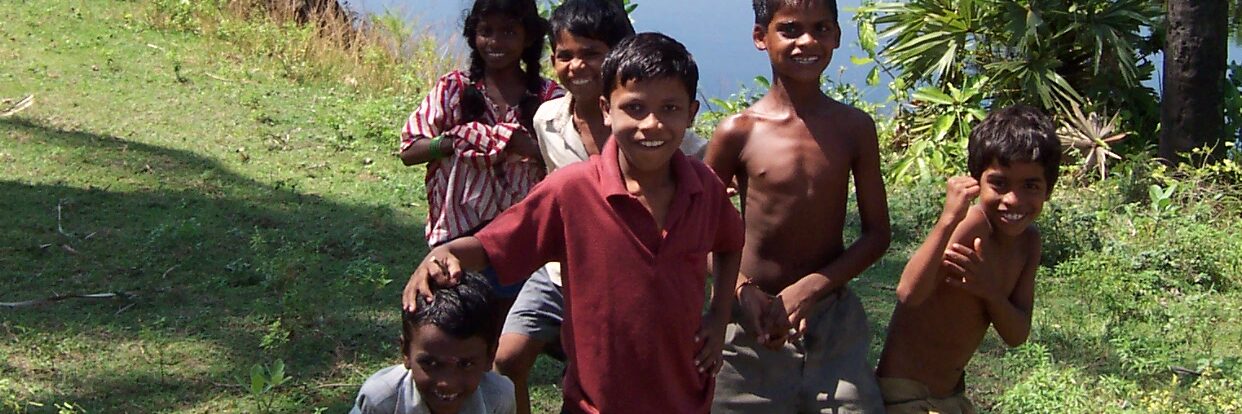PRESS RELEASE
23 August 2015
Chennai, India: Paul Polman’s claims that Kodaikanal lake cannot be polluted as mercurys half life in soil is “just 60 days” is proof of Unilever’s unscientific and manipulative approach to a very serious environmental problem, said the Chennai Solidarity Group for Justice in Kodaikanal. “Mercurys half life in soil is 100,000,000 days, not 60. So Mr. Polman is off the mark by 99,999,940 days,” said Nityanand Jayaraman of the Chennai Solidarity Group. The Group has, in the wake of an e-mail sent from Mr. Polman to activists Eurig Scandrett and Richard Dixon, called on Mr. Polman to substantiate his claim with scientific authority.
Unilever consultant’s study (2001) had found 0.05 to 0.2 mg/kg of mercury in Kodaikanal lake sediment. A Department of Atomic Energy study (2005) had found higher levels between 0.276 to 0.350 mg/kg. These levels exceed the lower limits of the range of mercury levels prescribed as health based sediment standard by the US Environmental Protection Agency: http://www.epa.gov/waterscience/cs/report/2004/
Urging Mr. Polman to argue with facts rather than hyperbole, Kodaikanal activists have taken serious issue with his claim that “independent experts. . .[have] found no worrying levels of leakage or damage.”
By the companys own questionable estimate, at least 1.3 tonnes of mercury has been discharged into the Pambar Shola watershed. “This is like spitting poisons into Tamil Nadus overhead water tank,” said Shweta Narayan of The Other Media. “Where just 1 gram of mercury added each year can contaminate a 20 acre lake, the damage that can be done by discharging 13 lakh grams into our watershed forests is unimaginable,” she said.
The company and its consultant NEERI are insisting that only a fraction of the mercury remaining in the soil in the factory needs to be removed. In a report paid for by Unilever, NEERI has argued that “The benefits likely to accrue out of stricter norms are to be compared against the additional cost [to Unilever] that may be incurred while undertaking such projects.”
Unilevers has consistently relied on denial and deceit in Kodaikanal. On March 7, 2001, when confronted by activists about their illegal dumping of mercury wastes, the company denied that any toxic wastes had left their premises in violation of law. See letter from Unilever denying mercury pollution.
In 2001, Unilevers consultant Dames & Moore presented a report claiming that they only used 126,676 kg of mercury and accounted for all but 559 kg, which they attributed to environmental releases. But later, ex-workers proved that the consultant had failed to account for 10,810 kg of mercury imported from Mumbai.
In 2002, the company admitted to the TNPCB that it had “without permission excavated the flooring of the factory and removed highly contaminated soil from below.” The minutes of the Working Committee meeting can be accessed here.
The reports given by Dr. P.N. Viswanathan of ITRC and TNO claiming no health effects among workers are specious as neither reports were authored by medical doctors. Moreover, in both cases, the reports are merely opinions given on the basis of information furnished by HUL. The opinion that no one was affected was given by people with no medical expertise and without examining a single worker.
For more information, contact: Nityanand Jayaraman 9444082401
